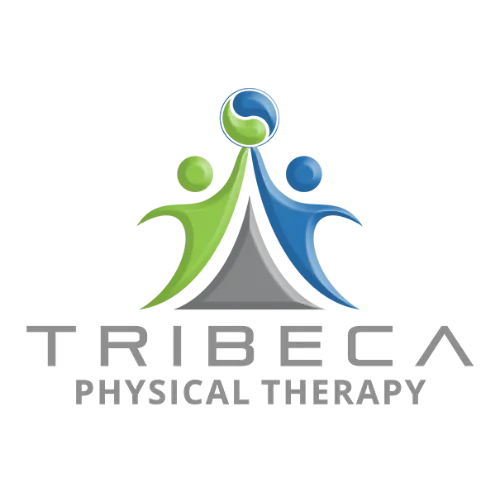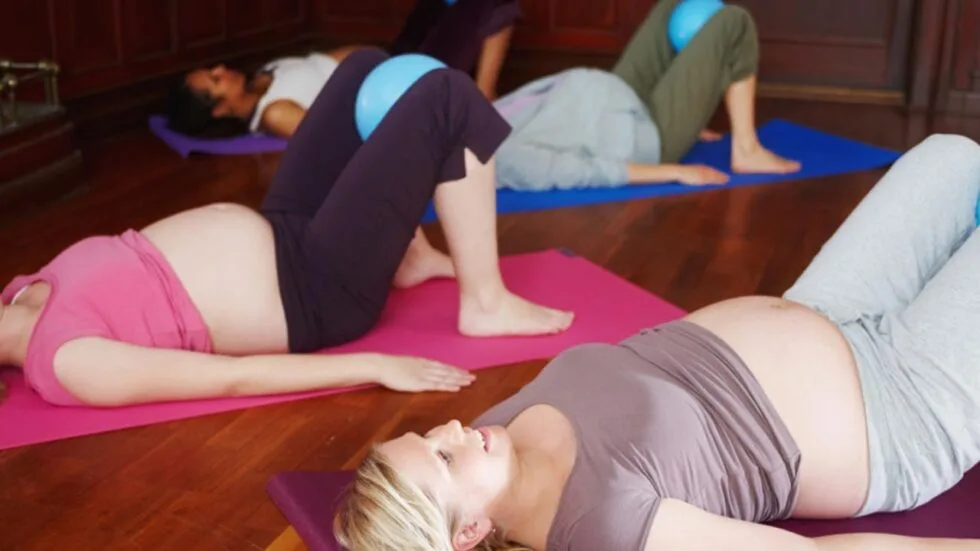Generally speaking, all mothers-to-be will always feel excited and anxious about their pregnancy. Expecting mothers want to have a safe pregnancy most especially for their unborn child. But one of the most common questions that OB-GYNE and Physical Therapists would get is, “Is it safe to do kegel exercises during pregnancy?” and “What are the common and safest pelvic exercises that pregnant moms can do at home?”.
What Is Kegel Exercise?
Kegel exercise is a form of pelvic floor exercise that involves squeezing and relaxing muscles in the pelvic and genital areas. These muscles support the pelvic organs, including the bladder, uterus, small intestine, and rectum.
Is it Safe to do Kegel Exercises During Pregnancy?
Yes! Kegel exercises are safe to do throughout a woman’s pregnancy. This will keep the muscles strong. Including them into your daily routine will also correct any existing leakage issues or even serve as a preventive measure.
Aside from only doing it during pregnancy, regular Kegel exercises after giving birth can help improve and maintain your bladder and bowel muscle strength, endurance, and function. It’s also beneficial throughout life.
Benefits of Kegel Exercises In Pregnancy
The benefits of doing Kegel exercises — especially during pregnancy and after giving birth — include:
Improved bladder control
One of the most common worries of pregnant women is experiencing leaking urine during and after pregnancy. The risk increases with vaginal delivery, as well as having had a greater number of children. Kegels can help prevent or treat conditions like urinary incontinence — when you feel the strong urge to pee and pass urine before you can get to the bathroom, or stress incontinence, which involves leaking a few drops of urine when you cough, laugh or sneeze.
Strengthening pelvic organ support
Normal delivery (Vaginal childbirth) is one of the potential cause of pelvic organ prolapse – an occurrence where the uterus, urethra, and bowel sag down into the vagina. The main cause of this is pregnancy and childbirth tends to weaken the pelvic floor. As part of a treatment plan, your doctor and Physical Therapist may recommend Kegels.
Reduced risk of fecal incontinence
This is a condition that causes you to leak stool before you make it to the bathroom. Kegels can help strengthen the rectal muscles to help prevent this.
Tips For Doing Kegel Exercise
To get the most out of doing your Kegels, keep these tips in mind:
- Never do Kegels when you’re peeing, this may prevent your bladder from fully emptying which may cause more problems.
- Don’t strain or hold your breath- keep your abdomen, buttock, and thigh muscles relaxed.
- Overdoing it doesn’t help! After doing these exercises, it is normal to feel some soreness around the pelvic area. Your doctor and physical therapist will always advise you to stop and talk to them.
- Exercise regularly. There are tons of apps that you can download nowadays to keep track of your schedule on when to do it.
Some women find contracting the pelvic floor impossible to start with, or they find it tricky to locate the right muscles. Your healthcare provider may recommend biofeedback training, which helps check which muscles are being contracted, or electrical stimulation, which uses painless electric currents to contract the correct muscles.
All the pelvic exercises including Kegels will all be included in your treatment plan. Your physical therapist and doctor will always conduct a thorough assessment so it may address all your needs and for the safety of your unborn child.
Tribeca Physical Therapy is officially reopened for in-person physical therapy sessions and continues to offer Telehealth PT or Virtual PT. Call us at 2124068080 or message us and book your first session free.



